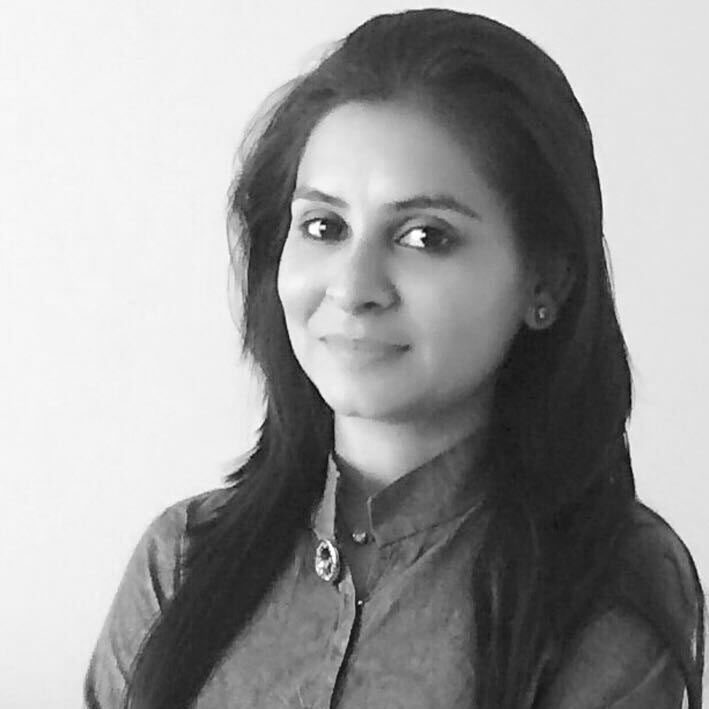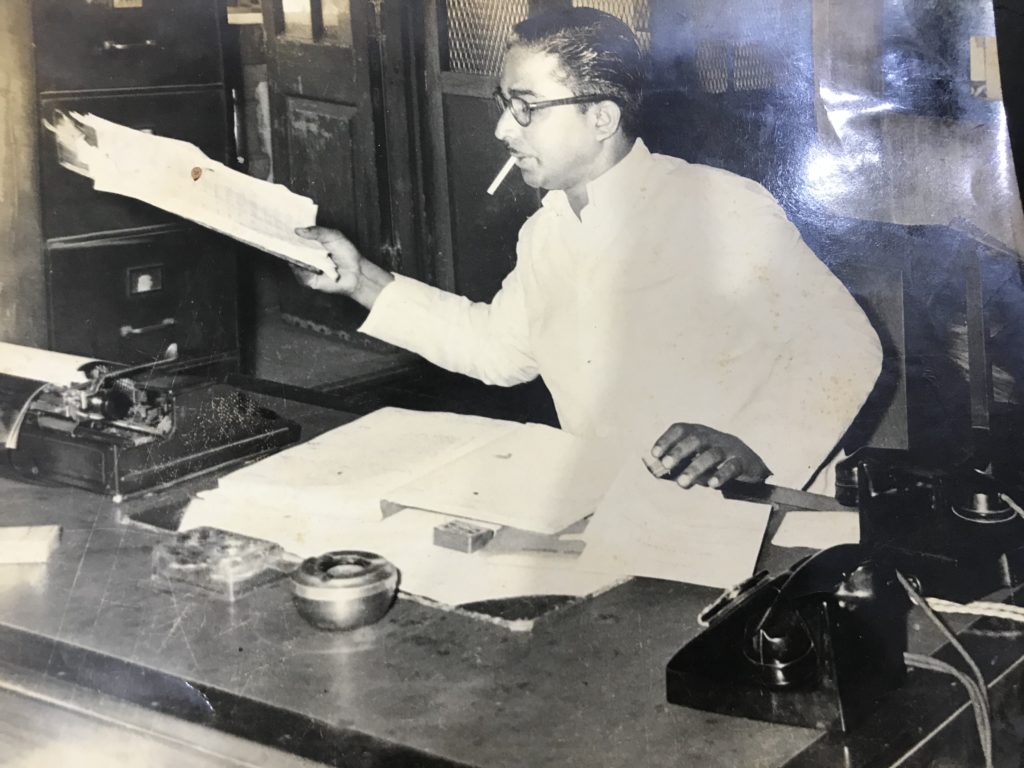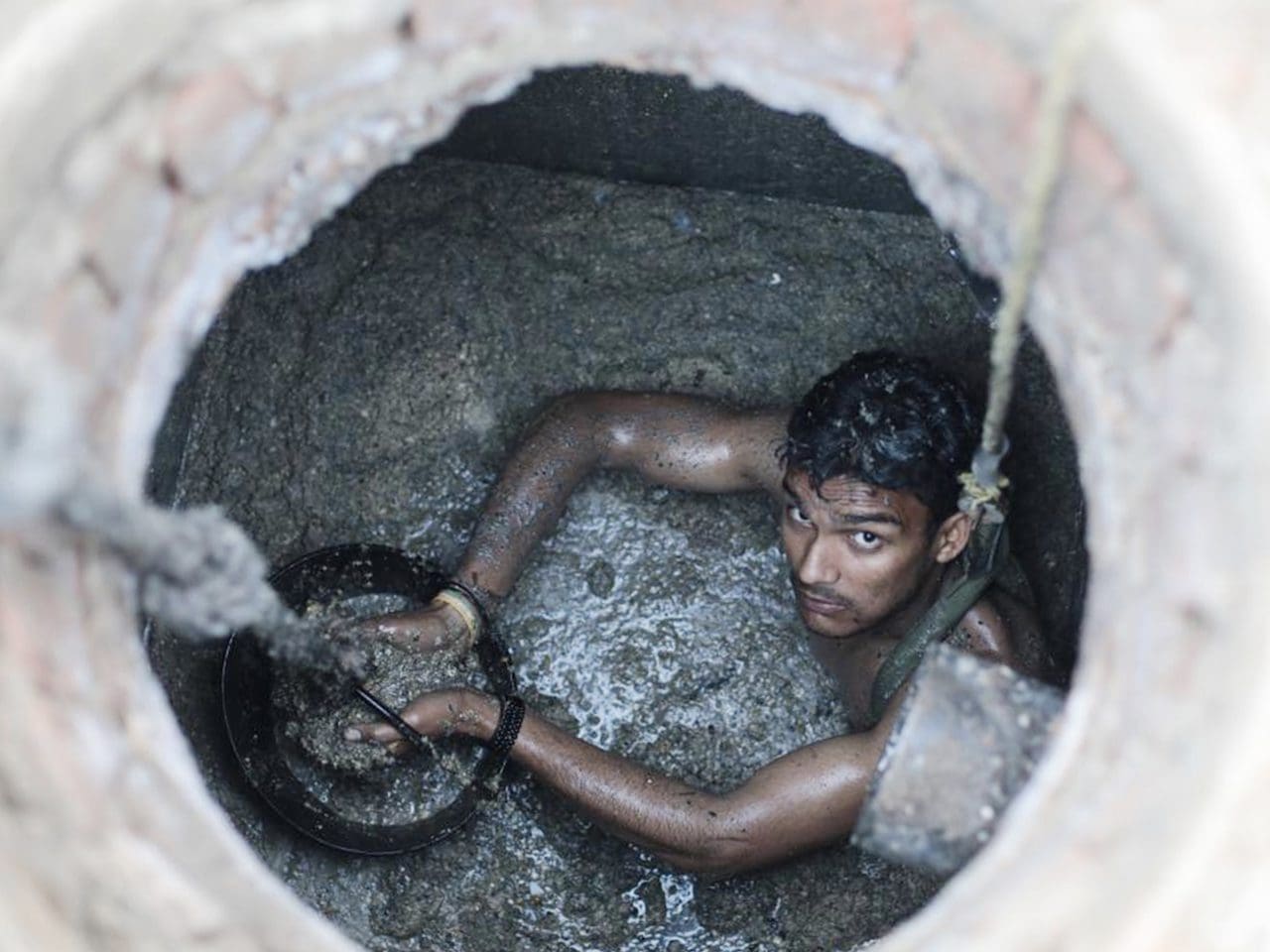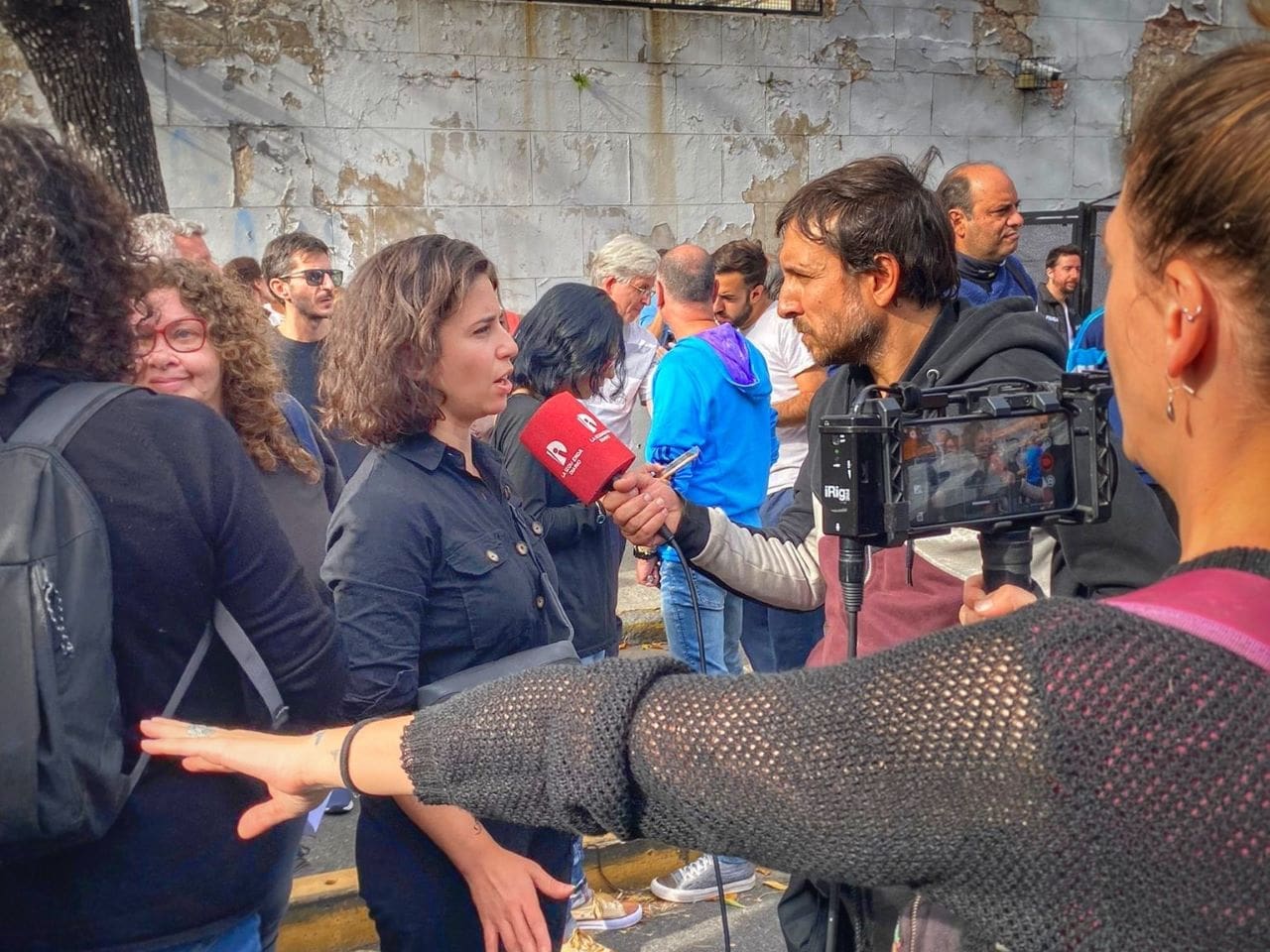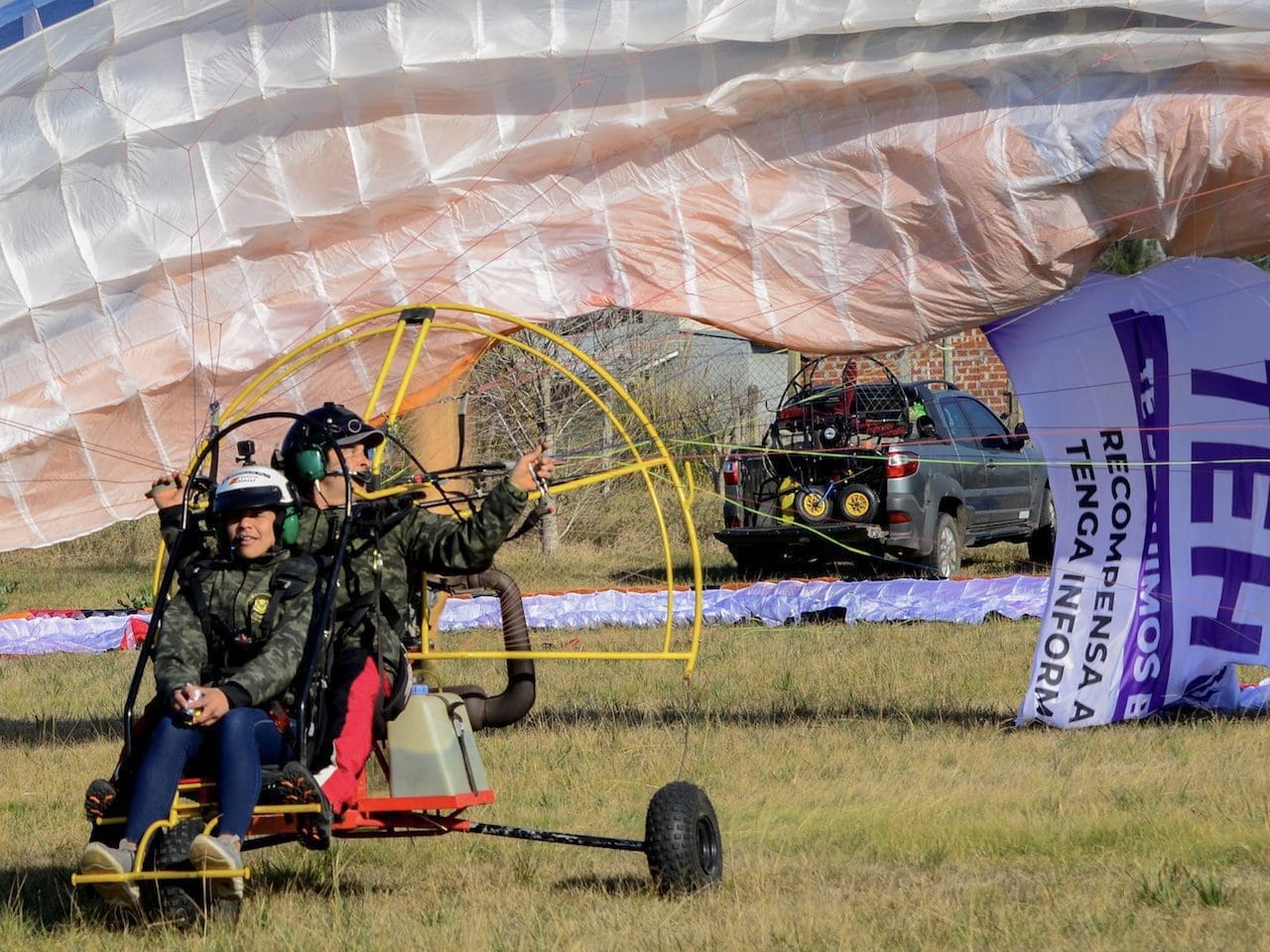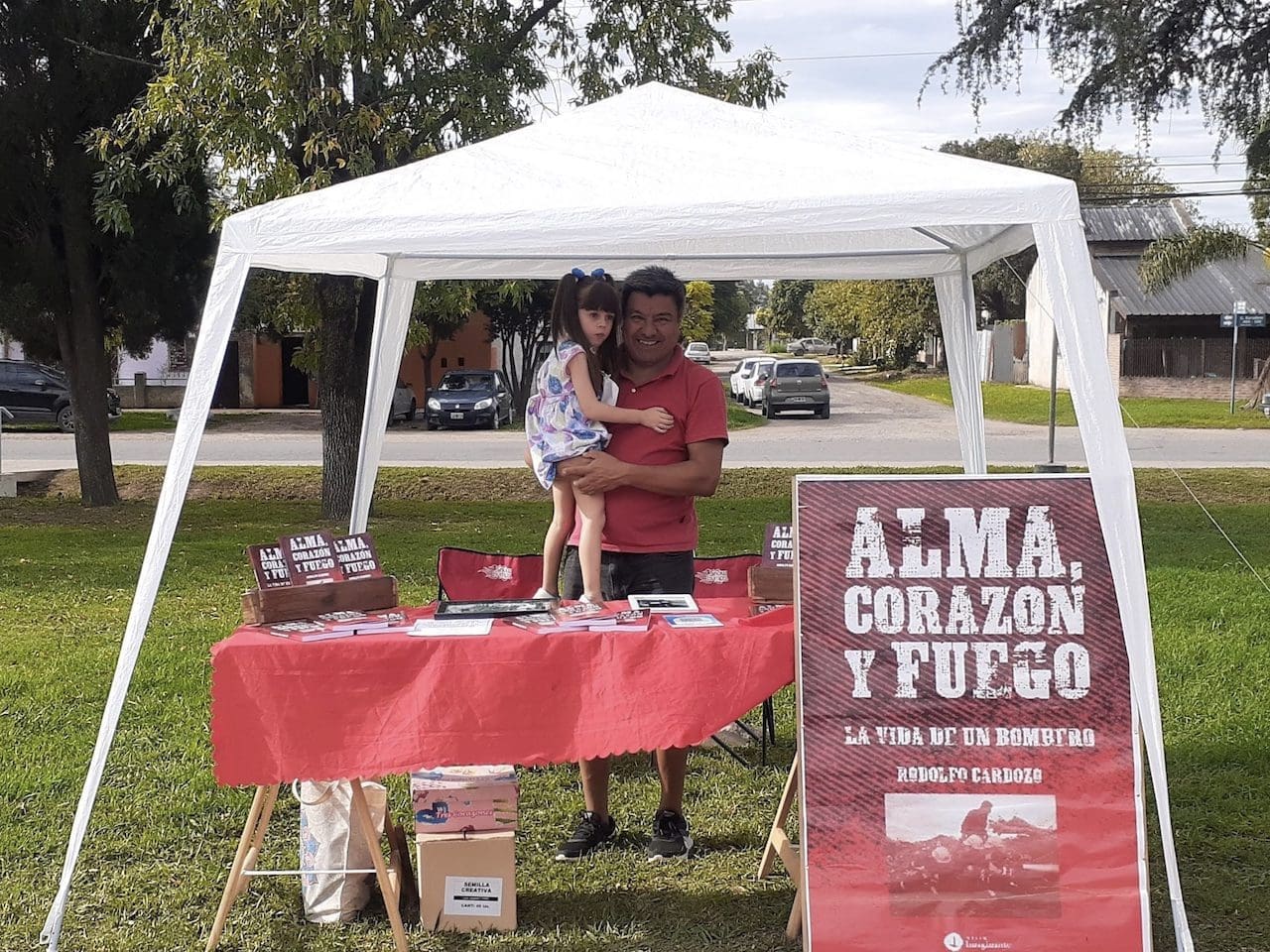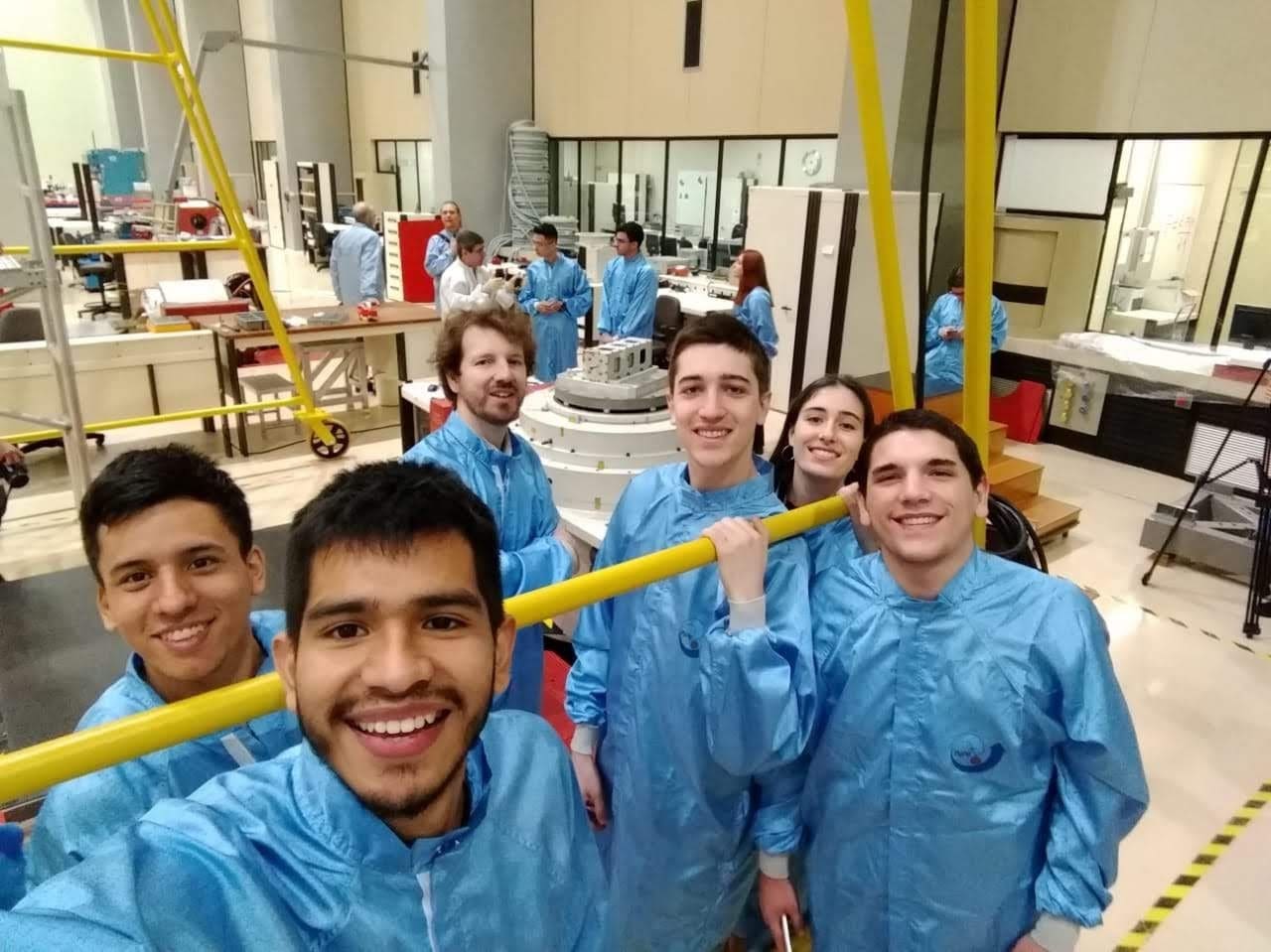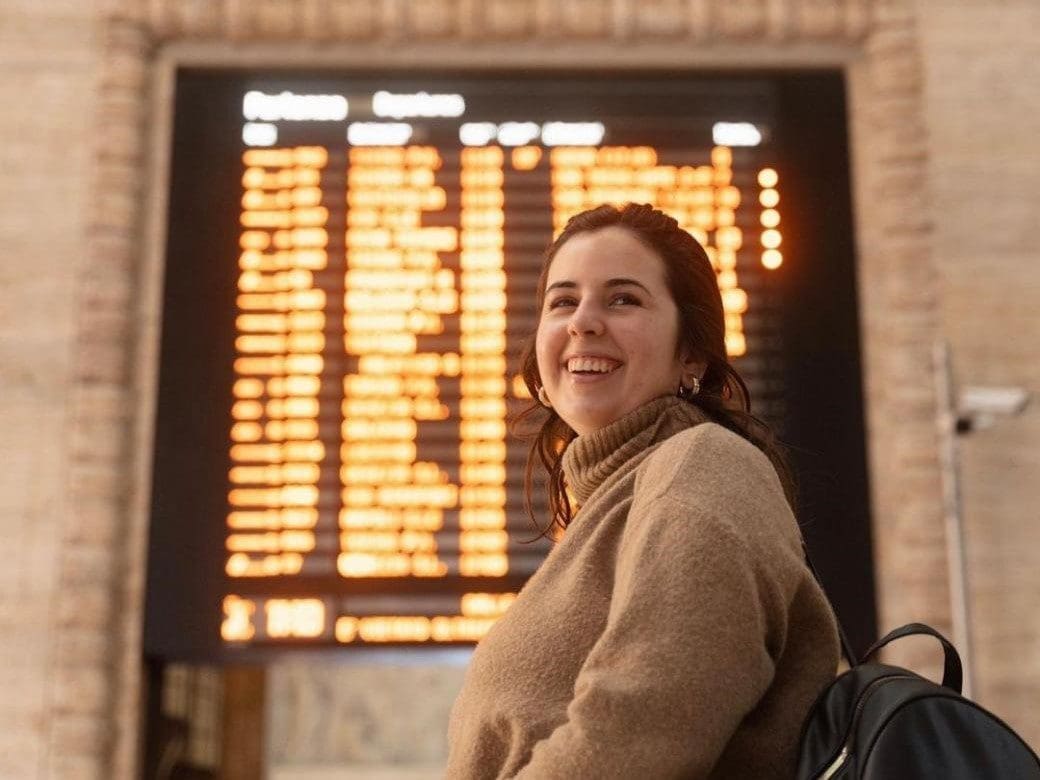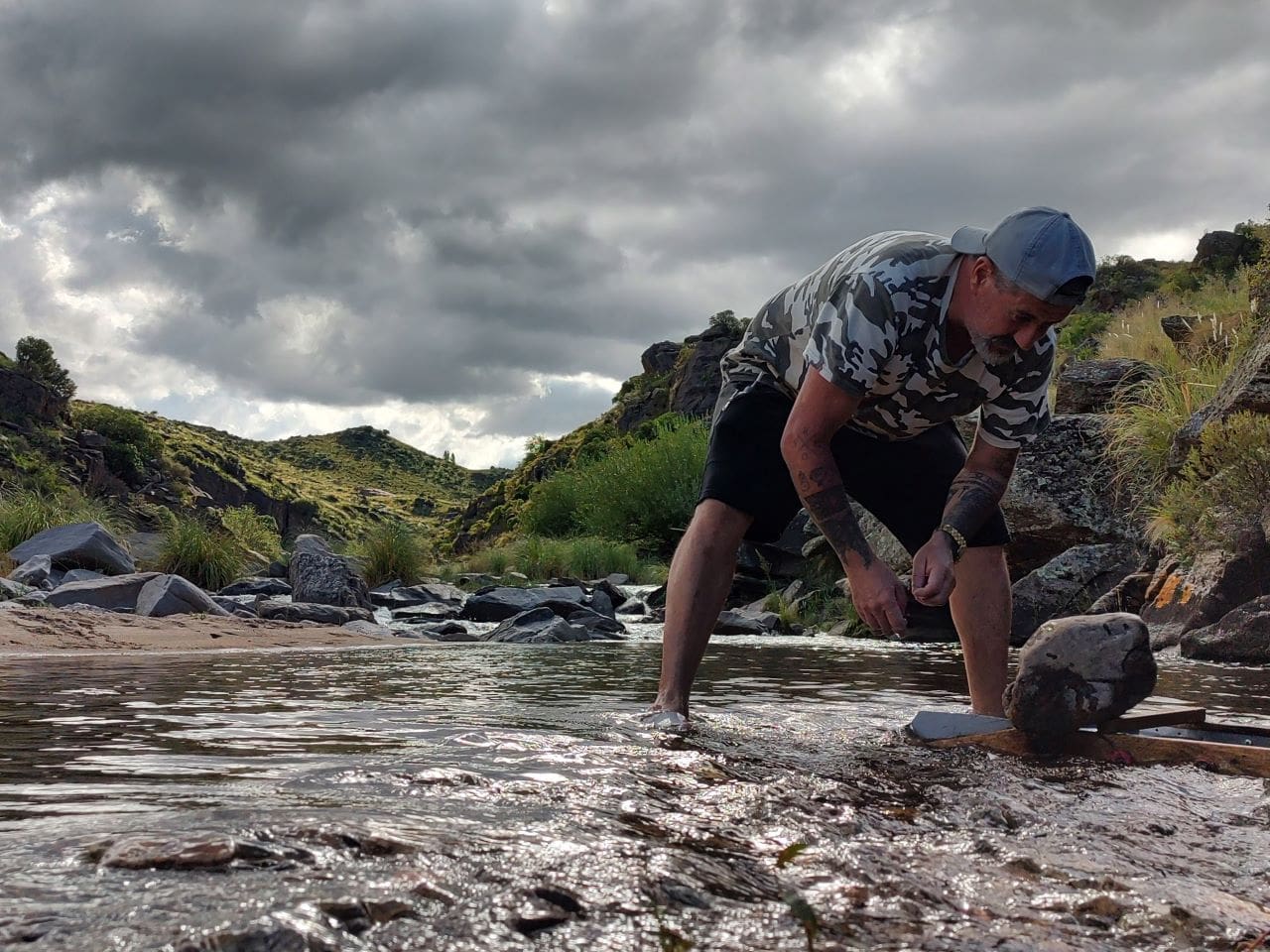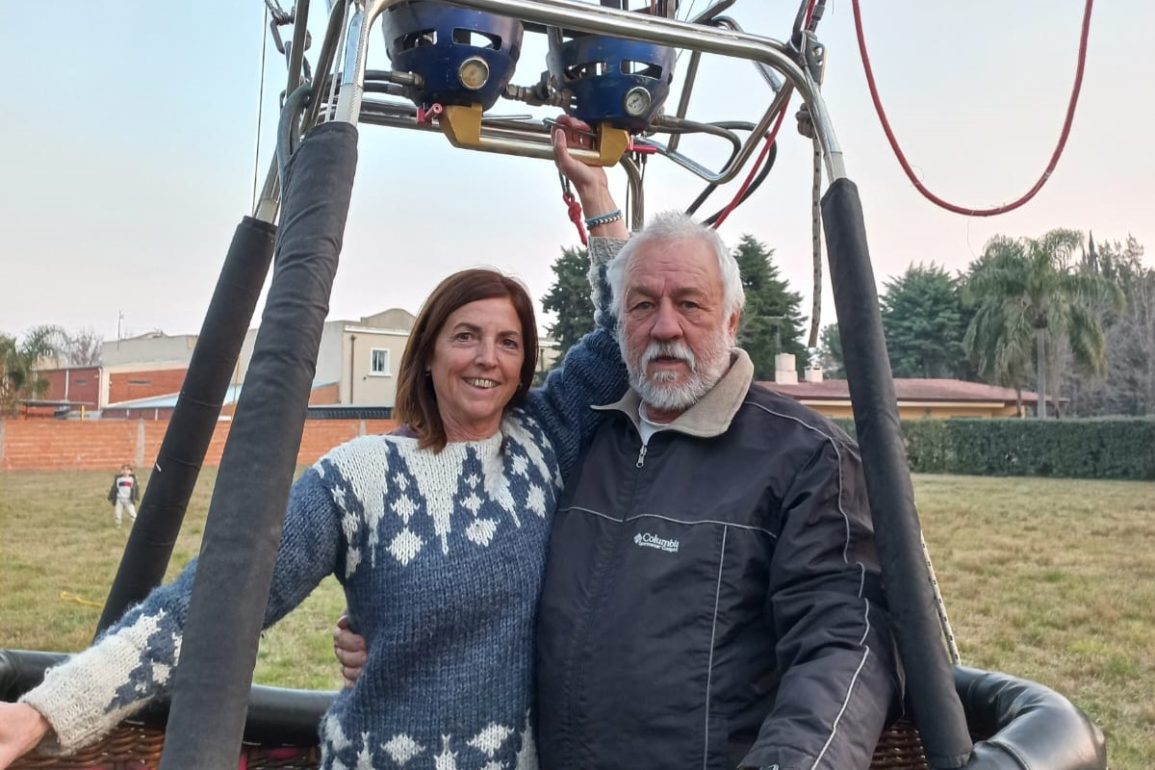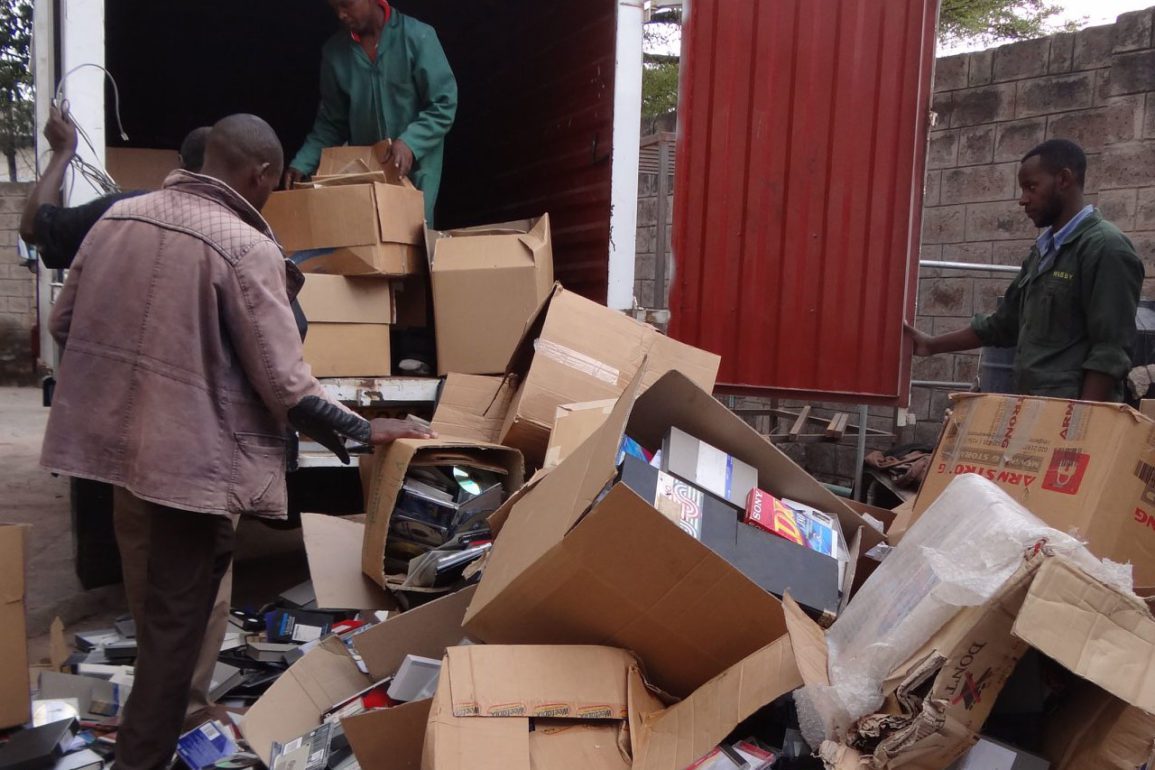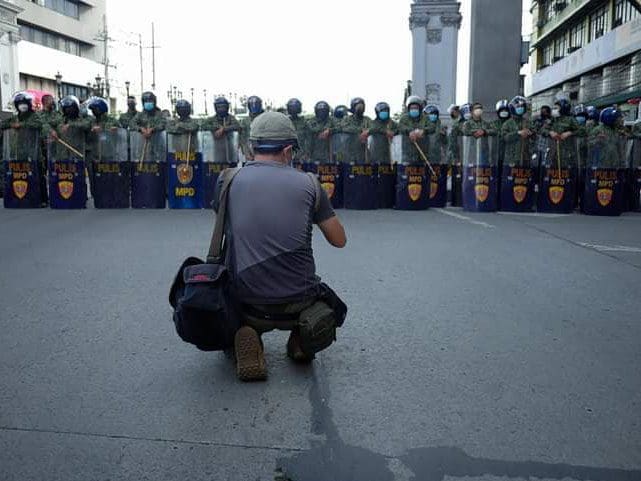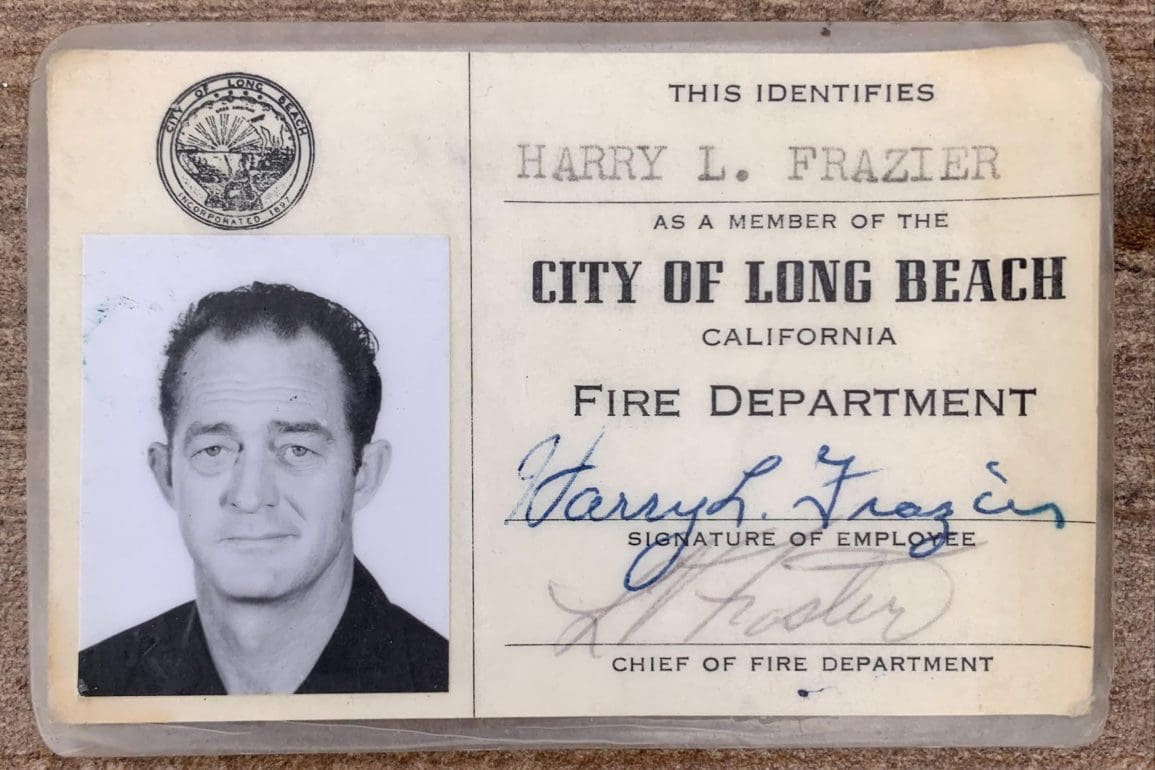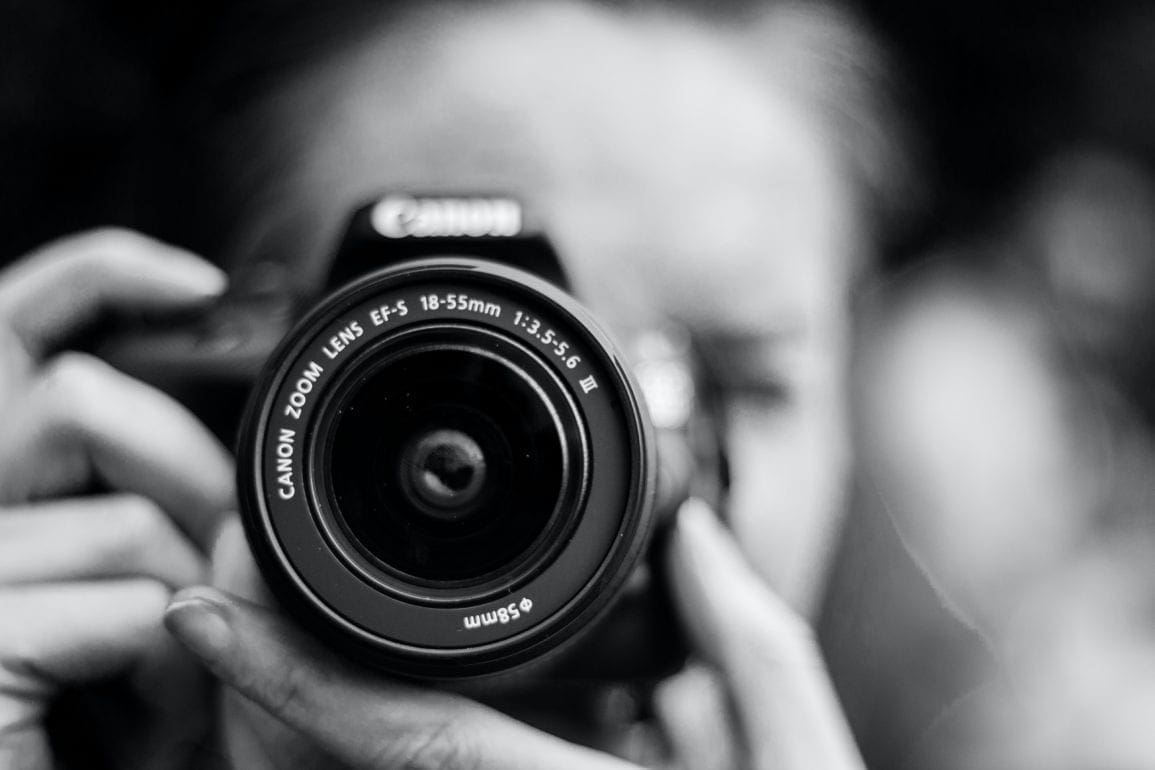102-year-old journalist in India recalls wars, imprisonment, and a century of news
For three weeks, I remained in solitary confinement in Rawalpindi Jail. Sitting alone, I had no idea what happened to my wife, whom the Pakistani military detained shortly after my arrest. I still shudder at the incident, which took place 50 years ago.
- 2 years ago
October 15, 2022
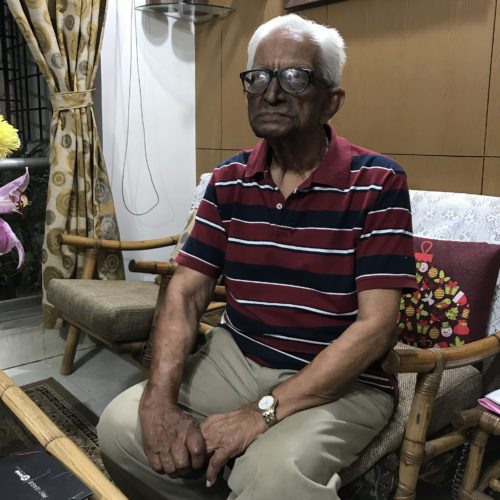
MUMBAI, India ꟷ On December 3, 1971, as Indian soldiers confronted Pakistani military forces at the Eastern Pakistan border, I faced espionage charges for my work as a journalist.
In my early forties, I worked as a special War and Diplomatic Relations Correspondent for India’s largest news agency, the Press Trust of India. The agency called me back from the United States to serve as a foreign correspondent for the second time in Pakistan.
The previous three-year assignment gave me exposure, an opportunity to learn, and deeper cultural understanding. I remained close to the former president of Pakistan, Muhammad Ayyub Khan. So, I decided to take the second assignment.
Little did I know that with the proclamation of war, would come espionage charges against me and wife Millicent Alfred. Now, at the age of 102, the memories remain clearly stored in my mind. My home in Mumbai is filled with memories, souvenirs, and photographs of my most cherished times as a journalist, working with foreign delegates from around the world.
Journalist arrested espionage in Pakistan during war
When Pakistani officials levied espionage charges against me, they confined me in a C grade cell. I faced conditions much worse than the local prisoners. For three weeks, I remained in solitary confinement in Rawalpindi Jail. Sitting alone, I had no idea what happened to my wife, whom the Pakistani military detained shortly after my arrest. I still shudder at the incident, which took place 50 years ago.
Military officials and police came to my cell frequently, talking nonsense about India. While they did not physically torture me, they claimed India lost the war and I would never leave. Food came between 4:00 and 5:00 p.m. then the lights turned off. I spent many hours in complete darkness so I could not hear or see any signals, which could tip me off about the war.
Nothing existed in my cell; it lay empty. After four days, I began to feel mentally and emotionally drained. I lost my sense of balance. Stress set in when I learned they detained my wife, yet I felt confident she could handle herself.
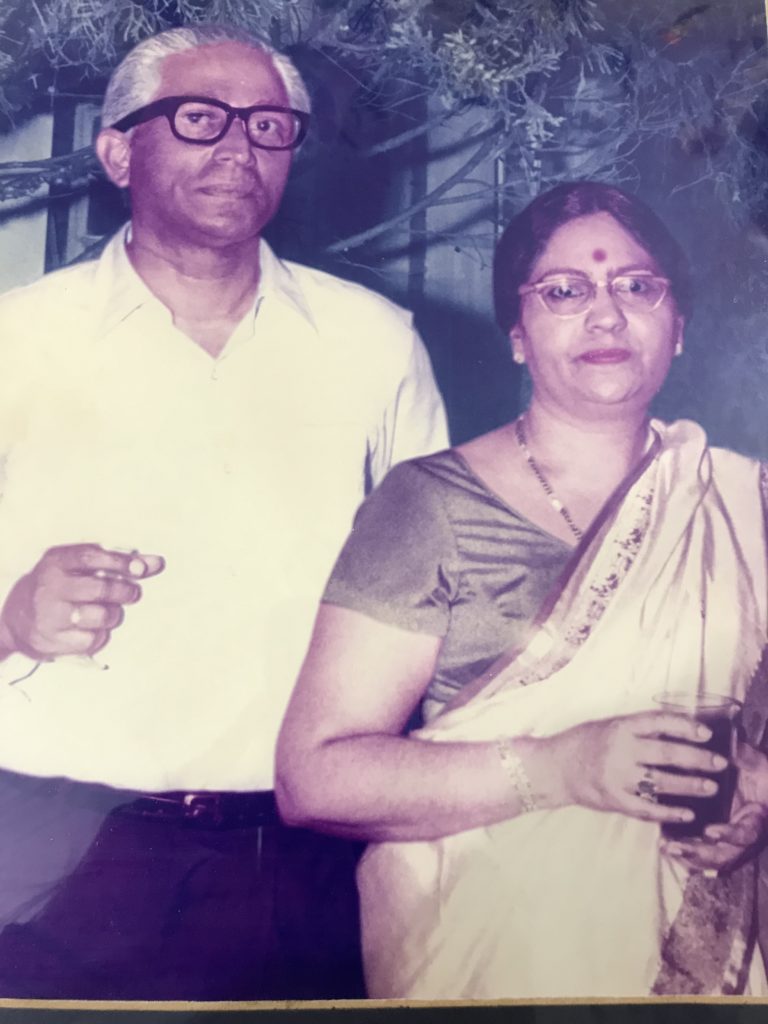
Eventually I learned they questioned her for three days. A police officer believed her, and officials permitted her to go and stay in an Indian Society in Pakistan. She remained unsafe, as people snuck into the society to see if she was sending signals to Indian authorities. She covered every single window with paper sheets so nothing could be seen, inside or out.
My journalist friends spoke out on my behalf. They went to General Ayyub Khan and pleaded with him to release me. Khan agreed. Pakistan moved my wife and I to a hotel. While we could not leave the hotel, the conditions proved far better than the cells in the Pakistani jail.
Journalist released in prisoner exchange
Authorities in Pakistan watched me closely long before my detention. I lived under constant surveillance. People looked at us differently. They had suspicions because I frequently traveled to Afghanistan and Baluchistan for stories in my early career.
Eventually, the Pakistan government released me, and I returned to India through a journalist exchange. After the war ended, the two governments signed a pact to release Pakistani and Indian nationals, especially journalists who were on assignment during the war. I have come so far since my time working in war zones 50 years ago.
Throughout my 60-year career as a foreign and special correspondent, I have seen it all. I witnessed the Quit India Movement in 1942, the struggle for India’s independence in the 1940s, and the Sino-Indian War. Not only did I live through the Indo-Pakistani War and the American Vietnam War, but I also saw the first Congress general elections in free India in the 1950s. Sadly, I even covered Mahatma Gandhi’s assassination.
I’ve met world leaders and cherished every memory of my century-old journey. Today, I remain acutely interested in the dealings of my country. Last month, I praised India’s current Prime Minister Narendra Modi. With Indian troops locked in a stand-off with China, his handling of the situation resulted in the disengagement of both armies. What a difference from the war of 1962.
Back then, as war correspondents, we had little to go on without good sources. No dearth of official information existed like it does today. For journalists in the 1960s, news was everything to us. The war deeply affected us and proves a painful memory.
Journalist travels with Mrs. Gandhi and tours the world
I saw the 1962 war as a “bad show” for India. With an unprepared military, many troops at the border withdrew even before the fighting began. Those who did fight lived in fragile conditions. Between the weather and the poor ammunitions, beating the Chinese troops proved difficult. They had thousands of trucks and captured many of our soldiers, while we captured none.
News came to us in Morse code. I would decode the information, write, and edit. Journalists then knew coding, decoding, shorthand, and many technical nuances of the job. Later, we obtained teleprinters which quickened the process. News publishing proved expensive, and we had no room for errors.
The work allowed me to travel the world. I met many famous people including Pop and Archbishop Canterbury during a month-long global press tour organization by the Australian Government in 1953. I met Pakistan’s first president Iskander Mirza as well, a charming man.

Indonesian premier Sukarno invited my wife and I for a visit. I traveled to Australia and New Zealand with Mrs. Gandhi, then prime minister of India. I remained a trustworthy man in her circle of press informants. Together, I went with Mrs. Gandhi to a small island in Australia where she often asked me to review and check and her briefs.
On these international tours, I made trunk calls to tell news and the sub-editor at the news agency would write. Sometimes, they already had the news but needed additional inside information, which I would provide.
102-year-old journalist reflects on the past
When I covered Mahatma Gandhi’s assassination, I remember having no emotions. I felt so caught up in the news. Stationed in Nagpur, I received the call Gandhi had been shot dead. Our agency had journalists attending meetings every day on the subject. I asked the journalists not to leave and wrote the first copy circulated widely every night.
In those days, agencies did not give bylines to journalists. Instead, our initials went on the stories, including my own.
After retiring from PTI in 1978, I joined the Indian Institute of Mass Communication (IIMC) in New Delhi. My teachings emphasized the importance of news and how a journalist needs to be ready to take on challenges; they mustn’t confine themselves in a cocoon. During my tenure at IIMC, I ensured that every year one female journalist visited Vietnam to cover stories for a month.
So much has changed since then. We did not have the facilities journalists have today. Simply printing pictures proved a tedious task. Sadly, journalists today often do not want to cover borderland issues. For us, news remained the only thing of importance. We walked into the challenges.
As I get older, I think back to my adventurous life, but enjoy my time at home, reading and talking to neighbors. I credit my success to my PTI editor and my wife Millicent, who died 20 years ago. She proved the strongest woman I ever knew. Millicent remained by my side through all the tough times. When I returned home late, she waited for me. When I traveled, she joined me. Millicent never complained about her detention in Pakistan as the result of my job.
Growing up as a young boy in Mangalore, I felt fascinated by the news. I always knew my calling emanated through words. As a boy I read newspapers front to back, every day. I joined Reuters as a teenager in the technical department and eventually became a journalist for PTI.
My life has been an incredible journey.
